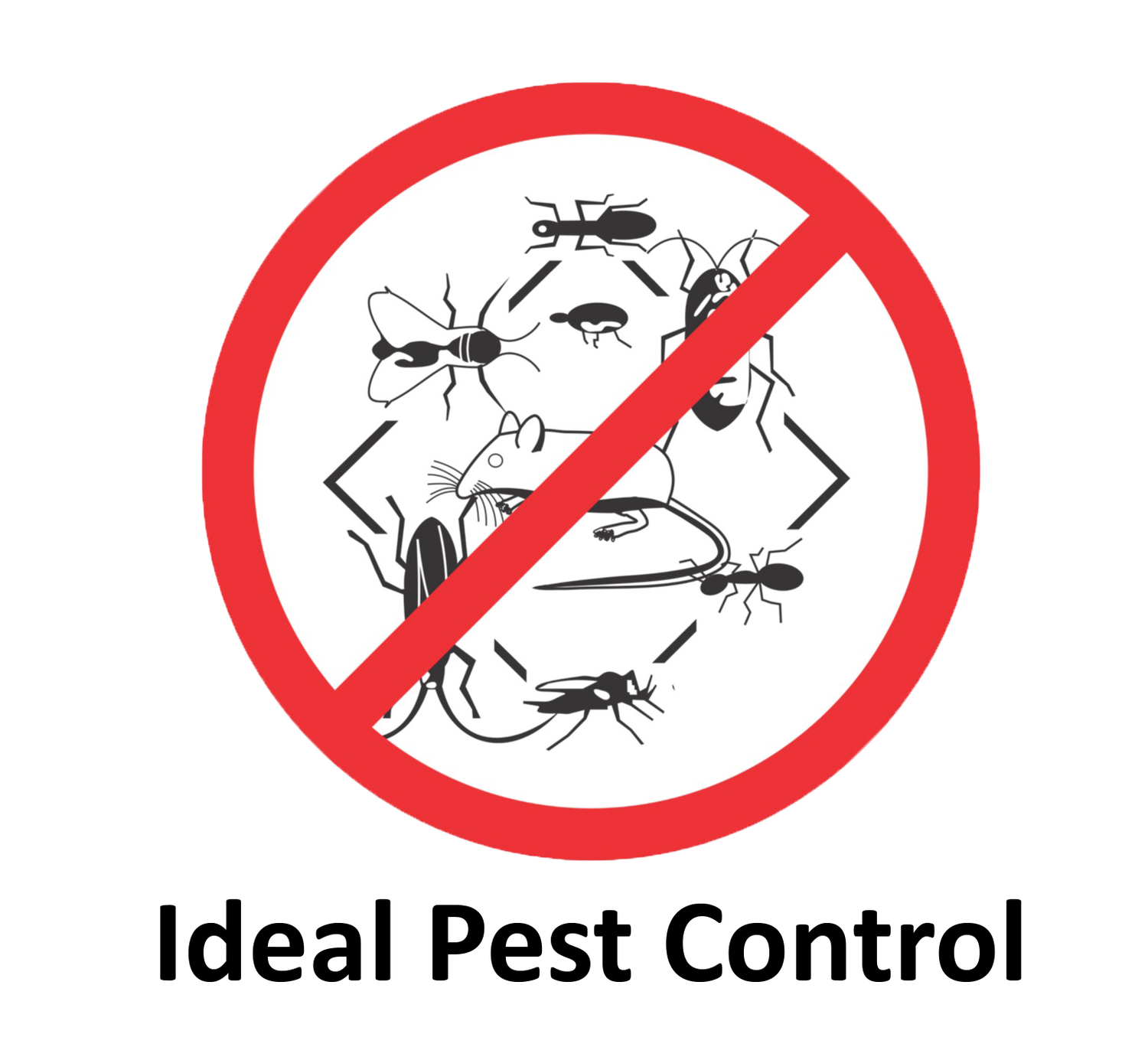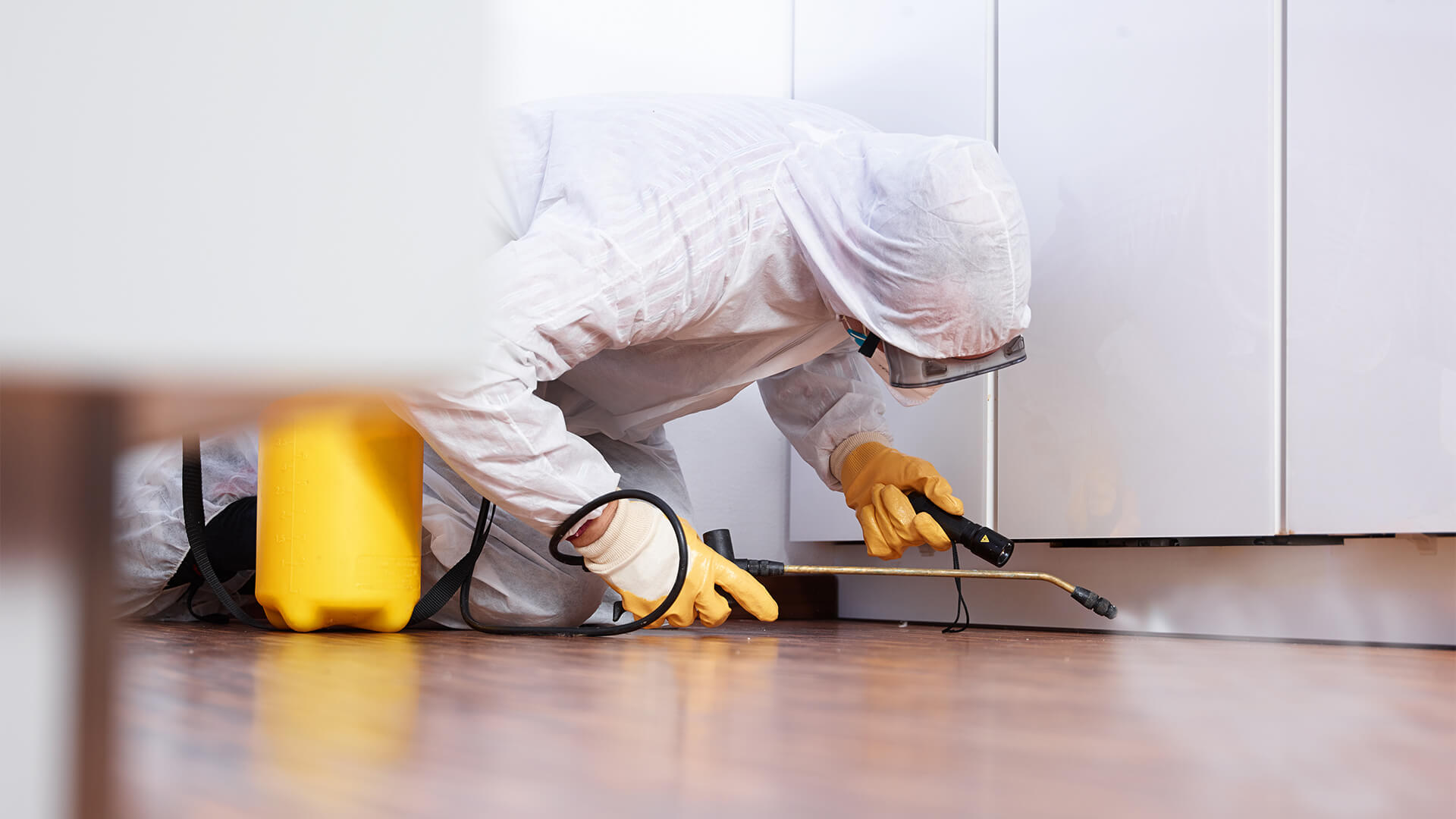Safe and Trusted Parasite Control for Lasting Defense
Effective parasite management needs a complex method that stabilizes ecological stability with the requirement for effective insect reductions. The subtleties of these methods might not be promptly clear, prompting a better exam of the practices that can lead to sustainable bug control results.
Recognizing Pest Control Techniques
Bug control incorporates a variety of approaches focused on managing and getting rid of undesirable insects and rats that can intimidate both health and building. Understanding these techniques is crucial for efficient bug monitoring.
The key categories of bug control approaches consist of mechanical, organic, and chemical approaches. Mechanical approaches include physical barriers and traps to avoid pest entry and capture undesirable varieties. For example, using screens on home windows or using sticky catches can dramatically reduce parasite populaces without presenting dangerous materials.

Chemical pest control is usually one of the most recognized approach, utilizing pesticides to get rid of pests. These chemicals can be reliable but have to be utilized with caution to stay clear of damaging effects on non-target varieties and the atmosphere.
Advantages of Eco-Friendly Solutions
Exactly how can environmentally friendly solutions transform parasite control methods? The fostering of environmentally friendly parasite control methods uses numerous advantages, significantly improving the effectiveness and safety of bug management (exterminator coquitlam). These options make use of all-natural ingredients, minimizing the dependence on hazardous chemicals that can present dangers to human health and wellness and the setting. This change not only secures family pets and households yet additionally decreases the possibility for soil and water contamination.

An additional advantage is the favorable influence on local biodiversity. Environmentally friendly solutions are made to target certain insects while protecting helpful bugs and wild animals, promoting a balanced ecological community. This technique aligns with the expanding consumer need for sustainable practices, improving the credibility of parasite control suppliers.
Integrated Insect Monitoring Methods
The implementation of green services normally leads to the adoption of Integrated Bug Management (IPM) methods, which even more boost insect control efficiency. IPM is an alternative technique that integrates numerous techniques to manage parasite populaces while minimizing environmental effect. This approach emphasizes the usage of organic, social, mechanical, and chemical controls, guaranteeing a sustainable and balanced technique of parasite administration.
One basic aspect of IPM is the detailed assessment of bug task and ecological conditions. By monitoring insect populaces and recognizing their life process, practitioners can execute targeted treatments that interrupt the insect's environment or lifecycle, reducing reliance on chemical pesticides. Additionally, cultural methods such as plant turning and environment adjustment can considerably reduce bug facility and reproduction.
Another important part is the usage of organic control representatives, such as valuable pests or bacteria, which can normally subdue parasite populaces. When chemical applications are essential, IPM focuses on making use of my blog low-risk pesticides and uses them precisely, lessening direct exposure to non-target organisms and people.
Incorporating IPM strategies not just boosts bug control effectiveness yet additionally advertises a more my website secure ecological community, aligning with the expanding need for sustainable practices in pest monitoring.
Safe Practices for House Owners
Comprehending the significance of risk-free practices in parasite control can encourage house owners to successfully take care of parasite problems while protecting their health and the setting. Carrying out non-toxic approaches and preventive measures is crucial in minimizing exposure to hazardous chemicals.
Home owners ought to initially assess their atmosphere for conditions that attract bugs, such as standing food, clutter, and water waste. Regularly cleansing and sealing entry points can hinder pests from invading the home. Using all-natural deterrents, such as important oils or diatomaceous earth, can give effective alternatives to chemical pesticides.
When chemical treatments are necessary, homeowners should choose products that are specifically identified as secure for property usage. It is important to comply with application guidelines thoroughly to stay clear of too much exposure. Furthermore, utilizing targeted treatments in locations where bugs are determined, instead of covering splashing, can dramatically reduce chemical use.
Last but not least, keeping open communication with parasite control specialists is essential. Homeowners need to ask about the safety and security of products utilized and request green choices whenever possible. get redirected here By adopting these secure techniques, house owners can produce a healthier living environment while effectively taking care of parasite problems.
Tips for Long-Term Defense
Establishing a pest monitoring method that highlights long-term security can significantly boost the effectiveness of the safe techniques formerly gone over. To attain this, home owners need to carry out regular examinations of their building, concentrating on concealed locations such as attics, cellars, and crawl rooms. Early discovery of insect task is critical in preventing problems from taking hold.
In addition, preserving a tidy environment is crucial. This includes appropriate food storage, without delay cleaning up spills, and consistently getting rid of garbage. These methods lower attractants that draw bugs into the home. Securing entry points, such as fractures around home windows and doors, can effectively block prospective parasite access.
Landscape design needs to likewise be thought about; maintaining plants trimmed and preserving a distance in between plants and the home decreases concealing places for pests. Utilizing natural deterrents, such as necessary oils or diatomaceous earth, can even more dissuade invasions without turning to severe chemicals.
Finally, working together with a professional insect control service for regular assessments can offer an additional layer of safety. These professionals can use tailored suggestions and advanced treatments, guaranteeing that your home remains protected versus parasites in the lengthy term.
Final Thought
To conclude, risk-free and reputable pest control calls for a complex method that highlights environment-friendly techniques and integrated pest monitoring. By applying natural deterrents, performing normal evaluations, and maintaining correct cleanliness, residential property owners can considerably lower parasite populaces while safeguarding beneficial pests and the environment. Cooperation with expert parasite control services improves the effectiveness of these methods, guaranteeing customized services that give long lasting defense and comfort against future problems.
Efficient pest administration calls for a diverse strategy that balances environmental integrity with the need for efficient pest suppression. The fostering of environmentally friendly parasite control methods uses countless advantages, significantly improving the performance and safety of bug management.The application of green solutions naturally leads to the fostering of Integrated Parasite Management (IPM) methods, which better enhance insect control effectiveness. exterminator coquitlam. By monitoring bug populaces and identifying their life cycles, specialists can carry out targeted treatments that interfere with the parasite's habitat or lifecycle, reducing reliance on chemical pesticides.In verdict, secure and reliable bug control needs a complex strategy that stresses eco-friendly techniques and integrated insect management